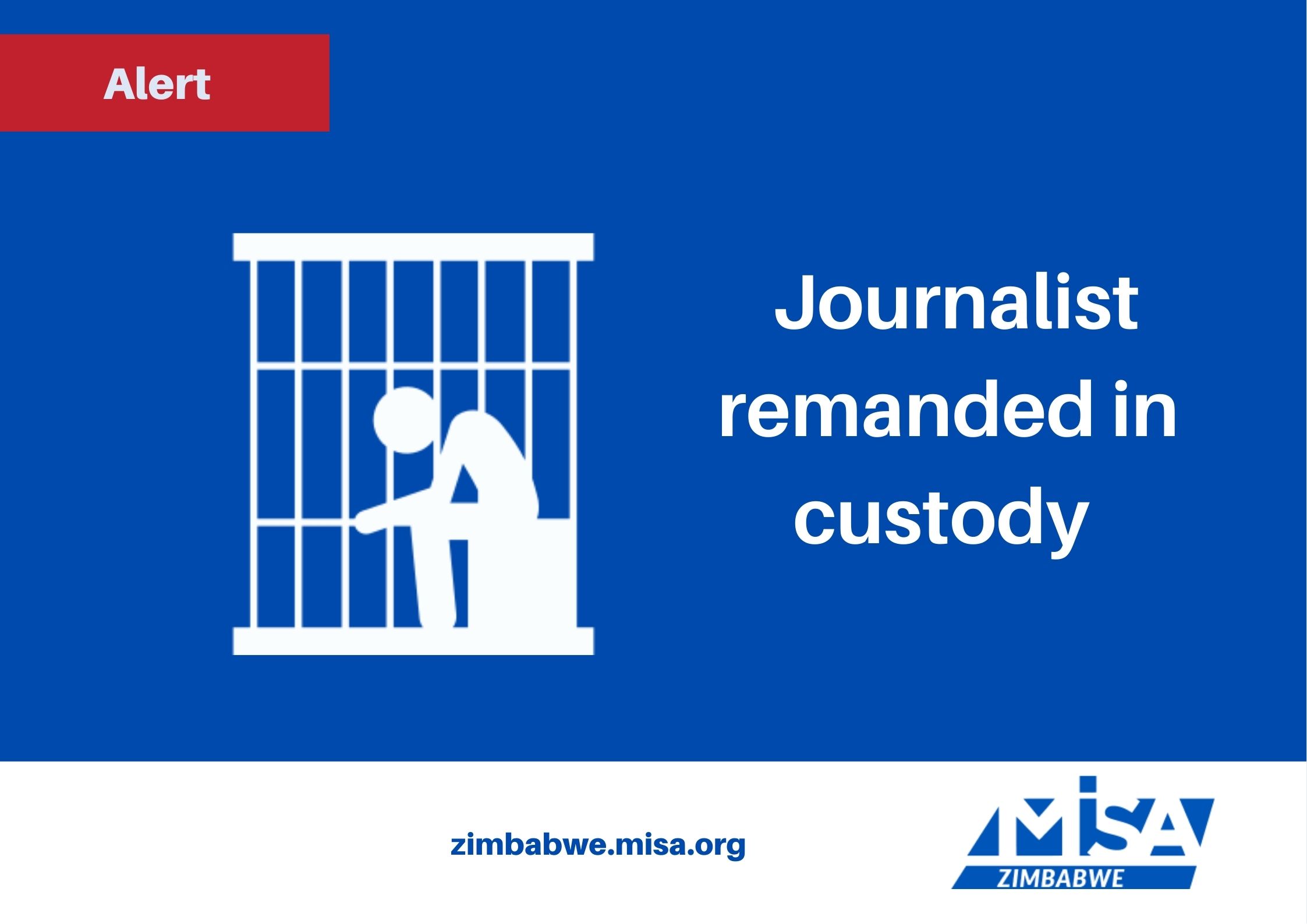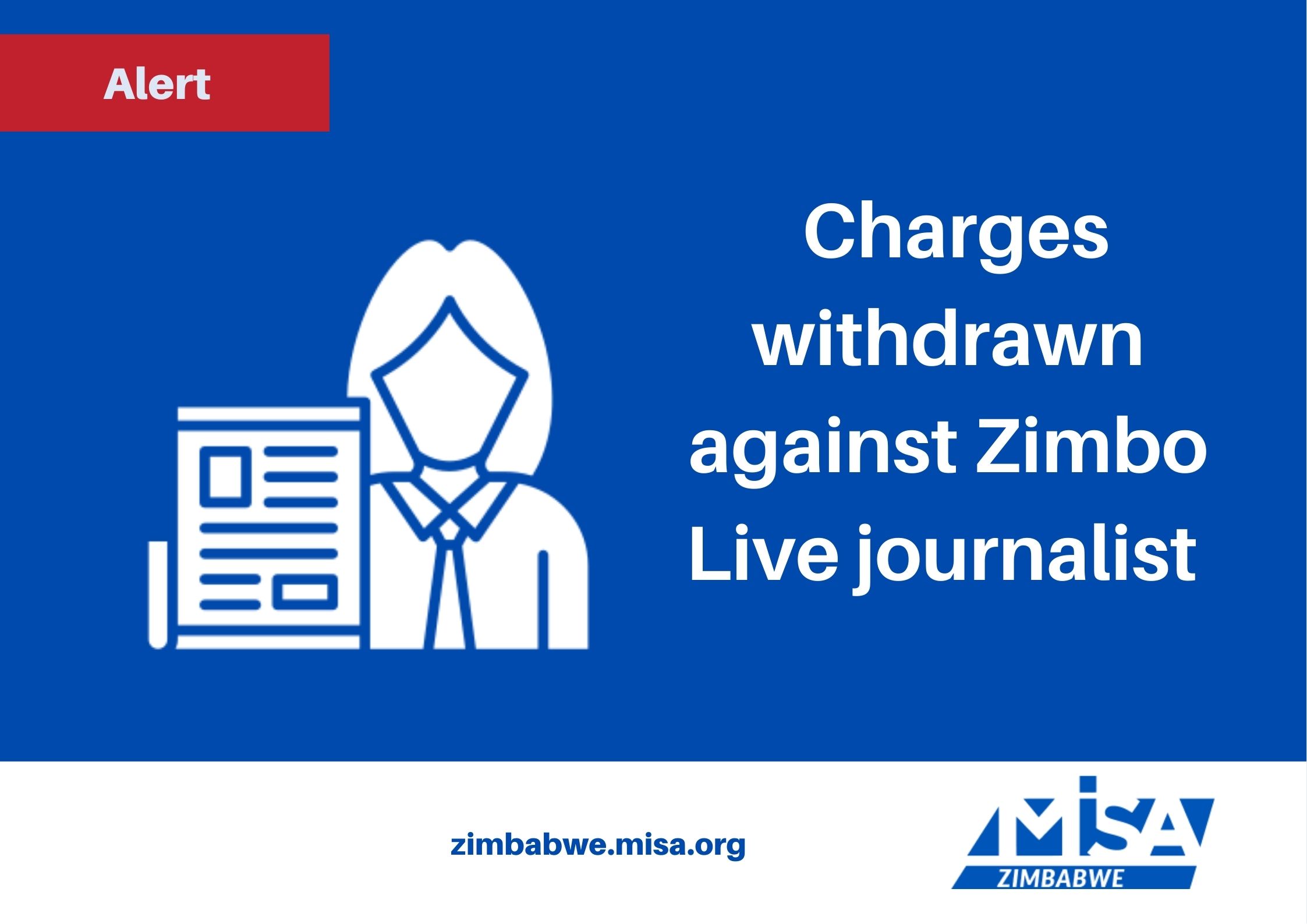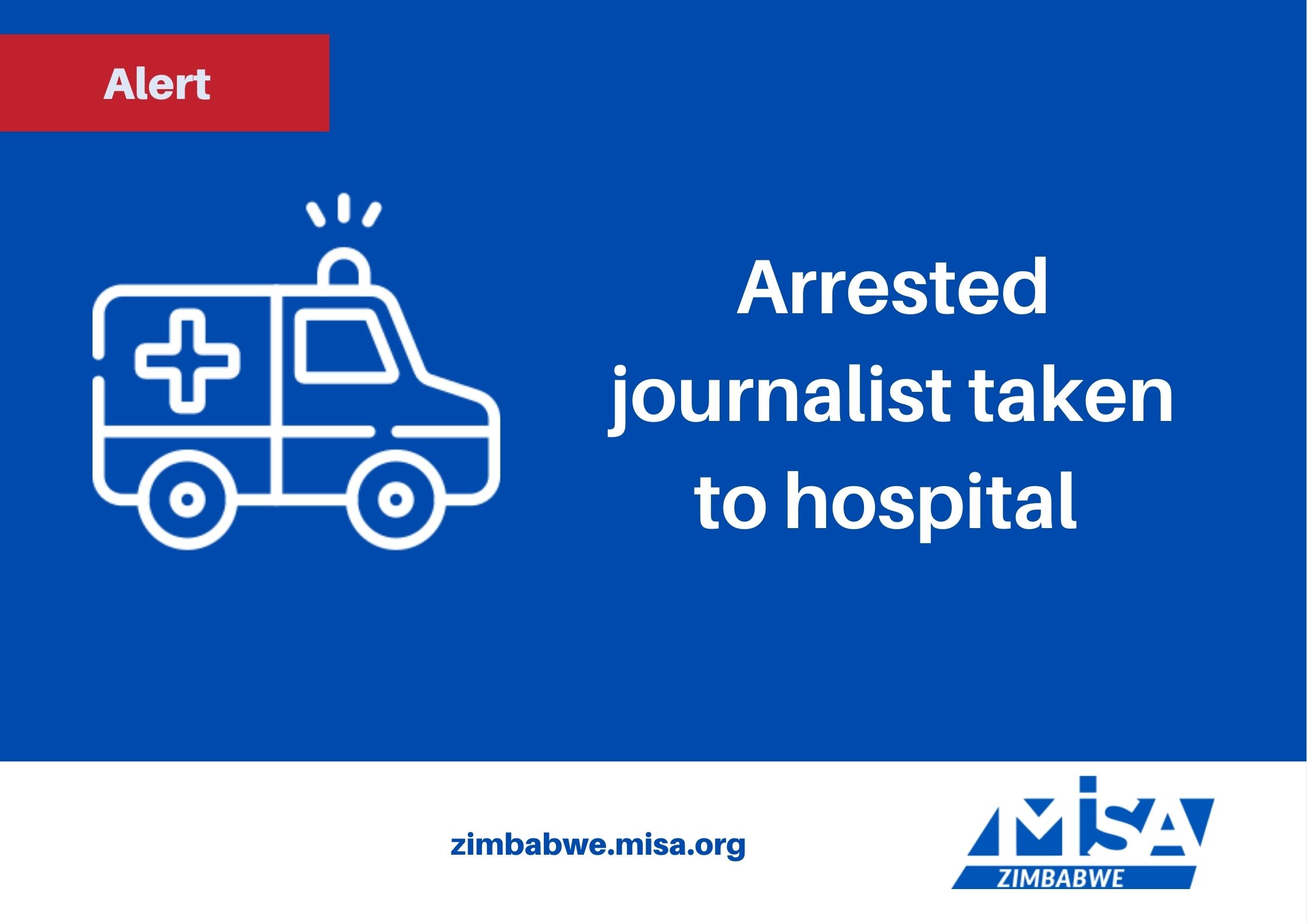The Zambian government has enacted the long-awaited access to information legislation becoming the latest country in Southern Africa to do so after Namibia, which enacted similar legislation in 2022.
Access to information legislation has been a contentious issue for decades in Zambia, with successive administrations all promising to enact the law, but not fulfilling their promises.
On signing the Access to Information Act into law on 22 December, President Hakainde Hichilema said the enactment of the legislation was a major milestone in the media sector and the country, as it would promote access to information by the media and other players.
One of the positives of the law is that the Human Rights Commission is empowered to sanction bodies or individuals that fail to provide information as requested.
In addition, unlike most jurisdictions, members of the public are allowed to make oral requests for information. This democratises access to information, as written requests are often exclusionary of people that cannot read or write.
“Section 26(c)(ii) of the Act is a positive development as it protects whistleblowers who play a pivotal role in making government and other institutions transparent and curbs corruption,” MISA Regional Director Tabani Moyo said.
“Furthermore, Section 34 is commendable in that the annual reports to be submitted to the Human Rights Commission also need to highlight, among other things, measures taken to meet the information holder’s disclosure obligations under the Act. Proactive disclosure of information by institutions is, thereby, encouraged.”
While Zambia has finally enacted access to information legislation, MISA noted that there are areas that still need improvement.
For example, Part V outlines the appeal process, but fails to factor in late appeals. In addition, the appeal procedure needs to be outlined in greater detail.
There is no clause concerning declassification of information. Certain information that might have been not for public consumption, for example 20 years ago, might as time go by be fit to be released, MISA noted.
Section 40 is problematic, MISA pointed out.
“Giving freedom to the minister to make regulations under the ATI legislation should not include the freedom to make additional exemptions of information as noted by Section 40(c). As currently worded, it would give the minister powers to exempt certain categories and classes of information from disclosure, which categories and classes are not specifically mentioned in the access to information legislation,” MISA said.













